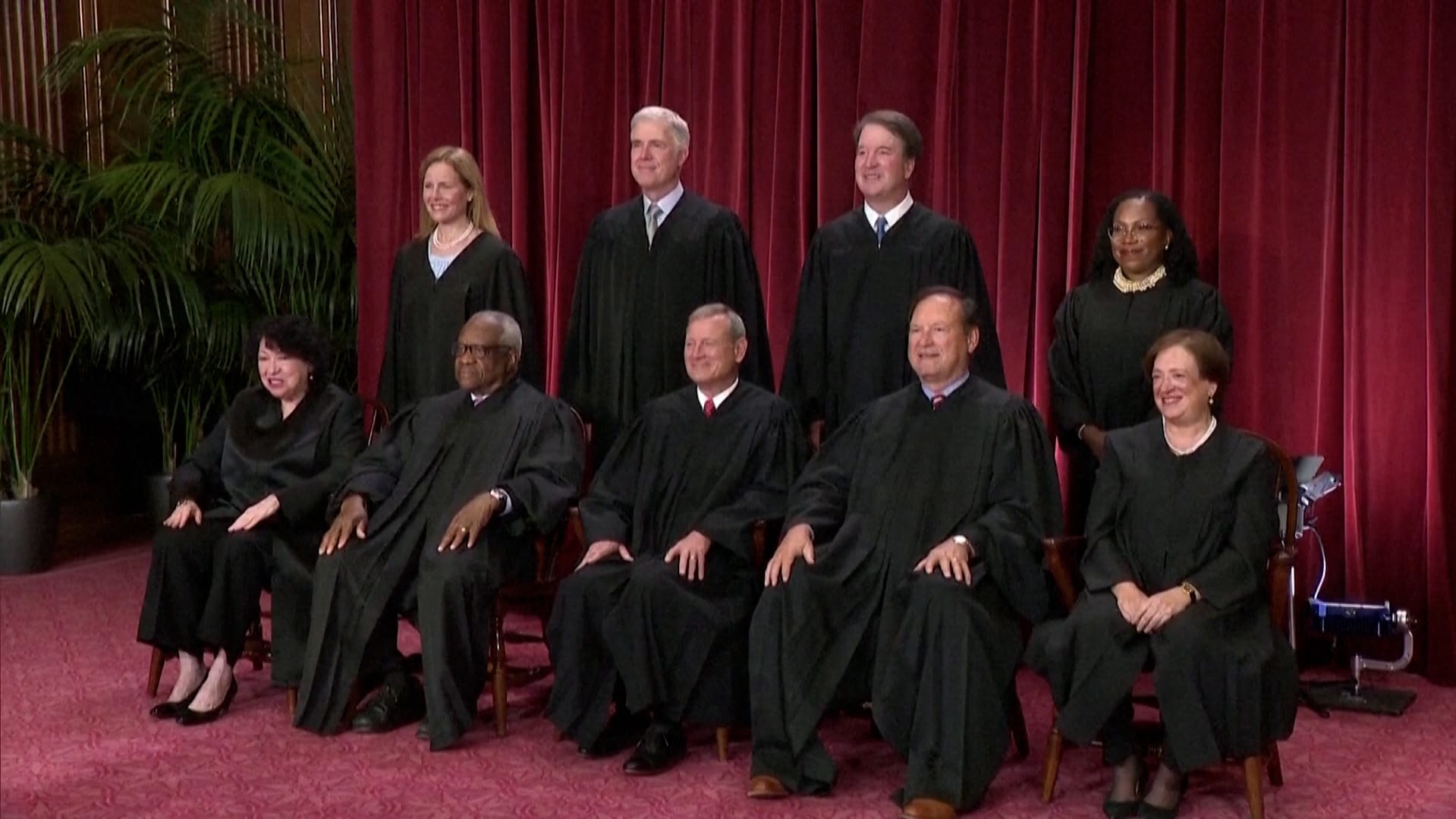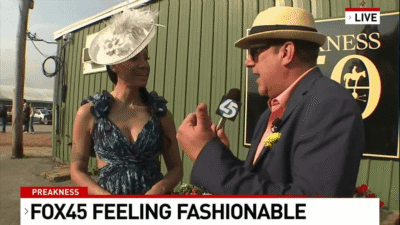The U.S. Supreme Court could ultimately rule against President Trump on birthright citizenship, but hand him a major win against injunctions.

Supreme Court hears arguments on judges’ block on Trump birthright EO
The justices heard arguments on whether its ok for judges to universally block President Donald Trump’s birthright citizenship executive order.
On May 15, the Supreme Court heard a rare May oral arguments session concerning challenges to President Donald Trump’s executive order seeking an end to birthright citizenship – at least as it is currently known.
However, the Supreme Court’s oral arguments did not evaluate Trump’s birthright citizenship case on the merits. Instead, the question central to this debate concerned universal injunctions.
The Supreme Court is tackling an extremely important question about whether district courts can issue universal injunctions, which block the federal government from enforcing a policy against anybody anywhere in the country while the courts sort out the merits of the case. In the end, Trump could be dealt an ultimately winning hand. Here’s how.
Supreme Court tackles complex questions about universal injunctions
The Supreme Court usually concludes oral arguments in April. Due to the extraordinarily late argument session addressing this matter, it can be inferred that the Supreme Court views the issue of nationwide injunctions as pressing, and they are obviously right about that. The Trump administration is ruling almost exclusively through executive order, making these instances in which they collide with district courts extremely common.
Since Trump took office, district courts have issued 40 such injunctions against the Trump administration, severely hindering his ability to implement his agenda. Part of this is the fault of the administration itself, both in its decision to advance policy through executive order rather than through Congress and in its willingness to push the boundaries of what is Constitutional.
No case proves that point more than this one. Trump’s birthright citizenship executive order was always a bad vessel for a debate surrounding universal injunctions. It is so patently unconstitutional that it was extremely difficult to count to five justices willing to end birthright citizenship.
Instead, the Trump administration has made universal injunctions, the method through which district courts blocked Trump’s order reinterpreting birthright citizenship, the prime target in this battle against the judicial branch.
The administration argues that judges do not constitutionally have the power to issue universal injunctions. Their alternative method for relief is a class action suit, which raises the burden for judges to block a policy from going into effect, but also accomplishes essentially what a universal injunction is meant to do: provide relief for those affected by a potentially unlawful policy.
The Trump administration has a point, and some justices seem to agree
I wrote a column in March sympathizing with the administration’s critique of universal injunctions, and I stand by that stance.
Universal injunctions introduce excessive partisanship into the judiciary through forum shopping, in which opponents of the current administration bring cases in the same handful of favorable district courts. Of the 40 injunctions against Trump since January, 35 are from the same five districts.
Certain members of the Supreme Court have been unhappy with the status quo of these orders for years. Justices Neil Gorsuch, Samuel Alito and Clarence Thomas have all previously expressed interest in curbing the reach of universal injunctions.
Legal experts seemed to think this case remains murky after oral arguments. Jonathon Turley, a law professor who contributes columns to USA TODAY, suggested that the three Democratic-appointed justices seemed likely to vote as a unit to preserve universal injunctions, while Justices Thomas, Alito, Brett Kavanaugh and Chief Justice John Roberts were mostly favorable to the administration’s position.
That leaves Justices Amy Coney Barrett and Gorsuch as the deciding justices.
Despite Gorsuch’s past criticisms of universal injunctions, his questioning on May 15 was pointed at both sides of the debate, indicating his vote remained up for grabs. Barrett, on the other hand, seemed more interested in preserving universal injunctions in some form. Despite all of this speculation, we don’t get all that far in predictions. The likely outcome in a case like this is a decision that comes somewhere in the middle. Court watcher Ed Whelan forecasts “a very limited and technical victory for the government.”
What happens next with birthright citizenship and court injunctions?
So, what does all this mean for the Trump administration? The best case scenario for the administration also seems to be the most likely one: a loss on his birthright citizenship executive order, but some curtailing of nationwide injunctions more broadly.
While it remains extremely unlikely that the administration would win on the merits of overturning birthright citizenship, the added context could open up more doors for the court to decide this case more narrowly.
Since the court seems likely to curtail universal injunctions in some way, this would deliver a win for the Trump administration after a chaotic spring of the administration’s actions being blocked. However, it seems unlikely that the Supreme Court would eliminate universal injunctions without an alternative check on executive power taking its place.
The Trump administration will likely claim a win if universal injunctions are reined in in any way, but the patently illegal acts of this administration are unlikely to have their outcome changed based on this case.


